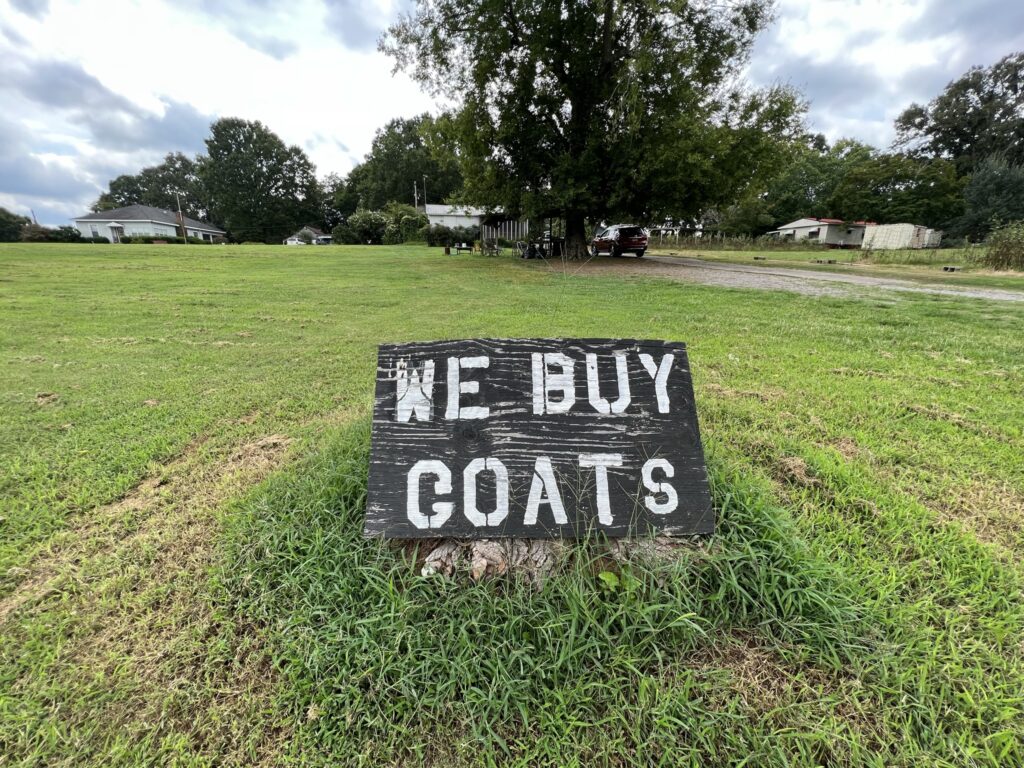In States where Medicaid disability determinations are performed by the Social Security Administration, the eligibility rules cannot be more restrictive than the SSI eligibility Rules. Section 1902(r)(2) [42 U.S.C. § 1396a] indicates a State’s Medicaid eligibility criteria can be no more restrictive than the SSI program. Specifically it states:
(2)
(A) The methodology to be employed in determining income and resource eligibility for individuals under subsection (a)(10)(A)(i)(III), (a)(10)(A)(i)(IV), (a)(10)(A)(i)(VI), (a)(10)(A)(i)(VII), (a)(10)(A)(ii), (a)(10)(C)(i)(III), or (f) or under section 1905(p) may be less restrictive, and shall be no more restrictive, than the methodology—
(i) in the case of groups consisting of aged, blind, or disabled individuals, under the supplemental security income program under title XVI, or
(ii) in the case of other groups, under the State plan most closely categorically related.
(B) For purposes of this subsection and subsection (a)(10), methodology is considered to be “no more restrictive” if, using the methodology, additional individuals may be eligible for medical assistance and no individuals who are otherwise eligible are made ineligible for such assistance.
With this in mind, here are a few nuggets from the SSI Regulations and the Program Operations Manual System (POMS):
Inaccessible Resources
(a) Resources; defined. For purposes of this subpart L, resources means cash or other liquid assets or any real or personal property that an individual (or spouse, if any) owns and could convert to cash to be used for his or her support and maintenance.
(1) If the individual has the right, authority or power to liquidate the property or his or her share of the property, it is considered a resource. If a property right cannot be liquidated, the property will not be considered a resource of the individual (or spouse).
Unknown Resources
An individual may be unaware of his or her ownership of an asset. If this is the case, the asset is not a resource during the period in which the individual was unaware of his/her ownership.
The value of the previously unknown asset, including any monies (such as interest) that have accumulated on it through the month of discovery by the individual, is evaluated under regular income-counting rules for that item, not the resource rules, in the month of discovery.
For months after the month of discovery, the previously unknown asset is a resource subject to the usual resource-counting rules.
POMS SI 01110.117.A
Resources Where Litigation Would be Required to Access
“Even with ownership interest and legal ability to access property, a legal restriction against the property’s use for the owner’s own support and maintenance means the property is not his/her resource (SI 01110.100).” POMS SI 01120.010.B.3. Further, “[w]hen there is a legal bar to sale of property (e.g., if a co-owner legally blocks sale of jointly-owned property), we do not require an individual to undertake litigation in order to accomplish sale or access. The property is not a resource under such circumstances in a month if a legal bar exists as of the first moment of that month. POMS SI 01120.010.C.2.
Simonsen v. Bremby, 679 Fed. Appx. 57 (2nd Cir. 2017) (an individual is “not require[d] . . . to undertake litigation in order to accomplish . . . access” to a resource. POMS SI § 01120.010(C)(2). “The property is not a resource under such circumstances . . . .)
Nonliquid Resources
Certain resources are presumed to be liquid and countable, but that is simply a presumption. 20 C.F.R. § 416.1201(c)(1) provides:
(1) Nonliquid resources are property which is not cash and which cannot be converted to cash within 20 days excluding certain nonwork days as explained in § 416.120(d). Examples of resources that are ordinarily nonliquid are loan agreements, household goods, automobiles, trucks, tractors, boats, machinery, livestock, buildings and land. Nonliquid resources are evaluated according to their equity value except as otherwise provided. (See § 416.1218 for treatment of automobiles.)
Bona Fide Effort to Sell
In Georgia, resources are nonliquid if an applicant cannot find a buyer and is making a bona fide effor to sell. ABD Manual Section 2304 states:
Exclude personal or real property for any month in which the A/R is making a bona fide effort to sell the property. Evidence of a bona fide effort to sell includes any of the following:
- listing the property with a realtor
- a for sale sign on the property
- advertisement in a newspaper
- has not refused a reasonable offer (2/3 of CMV).
If the real property for which a bona fide effort to sell is being made is non-homeplace, require the A/R to sign a statement that s/he has tried to sell, is trying to sell, or will try to sell the property within the next 30 days. Require the A/R to market the resource at current market value (CMV).
Verify/document that the A/R has not refused a reasonable offer on the property (2/3 of the CMV). Verify/Document the A/R’s past and continuous efforts to sell the property at the following intervals:
- prior to approval of the application
- 9 months after approval
- every three months thereafter.
NOTE: The A/R has 30 days to put the property on the market after signing a statement of intent to do so.
Tennessee uses an agreement to sell to establish eligibility while resources are on the market. The primary difference is Tennessee seeks recovery from the sale proceeds before requiring that the remaining proceeds be spent down.
Excluded Resources
POMS SI 01110.210 lists resources excluded when determining eligibility. TennCare Policy Manual Number 110.050 lists countable and excluded resources.
Valuation
20 C.F.R. § 416.1201(c)(2) provides:
(2) For purposes of this subpart L, the equity value of an item is defined as:
(i) The price that item can reasonably be expected to sell for on the open market in the particular geographic area involved; minus
(ii) Any encumbrances.
See also POMS SI 01110.400 and Georgia ABD Manual Section 2303.



